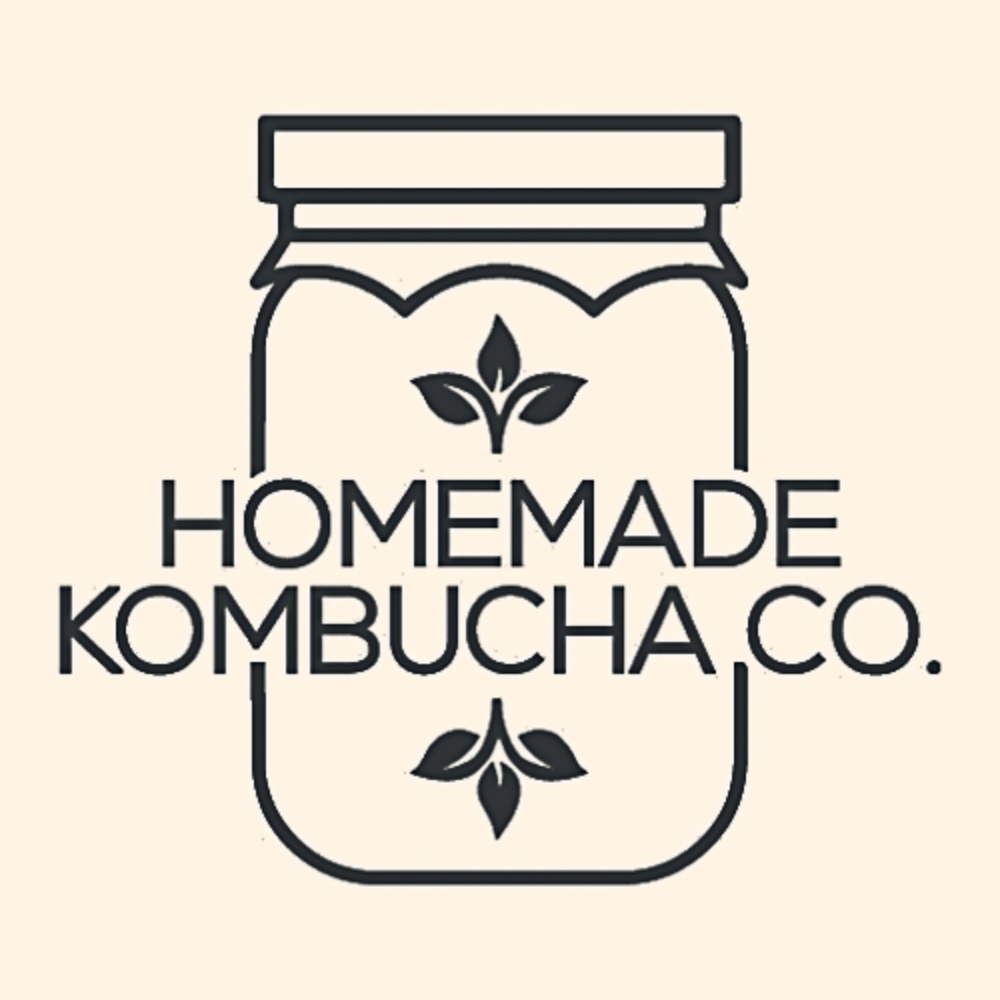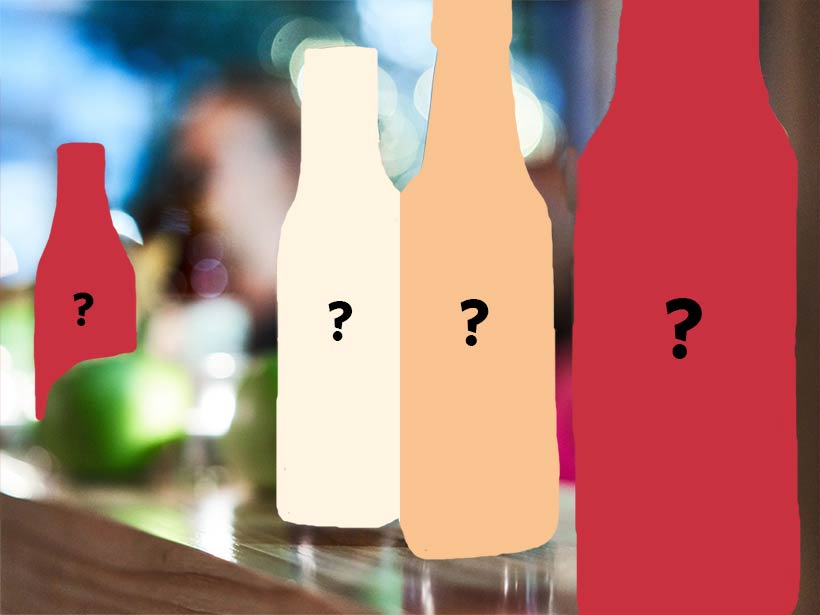It is always interesting to see something like kombucha grow in mainstream popularity. On one hand you have the well informed, health conscious crowd saying things like ‘I’ve known kombucha is a good thing for years, my SCOBY is over 5 years old and still going strong’ – and on the other side you have the people who have seen an advertorial kombucha feature on a TV morning show and have never actually looked at the ingredients of what they are buying.
It is no secret people are becoming more aware about what they put in their bodies – being healthy is cool these days. For better or for worse – kombucha has become a poster child of sorts for health conscious beverages, leading to an explosion in the number of kombucha brands and their marketing efforts. Like anything that explodes in popularity – there are plenty of business opportunities to be exploited. Kombucha is no different. Also lot of people have asked us – ‘what is the best kombucha?’ We wrote this article to give you some food for thought and a fresh perspective on the kombucha industry.
There are brands out there that push kombucha as a healthy alternative to soft drinks, but fail to mention that they pasteurise – killing all of the beneficial probiotics. Then you also have the brands that stick a kombucha label on the bottle, but in reality they only use 10% kombucha – in this case you’ve been sold a pretty expensive bottle of flavoured tea!
Then another thing to consider is almost no publicly available information on the actual brewing processes – like how kombucha is brewed on a large scale in stainless steel vats that can potentially leach nickel and chromium into the drink.
Many of the big brands do not disclose the types of sugar they use – is it organic, or is it cheap white sugar, laced with contaminants? And another thing to watch out for – Australia’s labelling laws allow brands to state their kombucha is completely sugar free as they have the right to round down decimal places when a certain ingredient is found in small amounts. So something that is ‘sugar free’ is probably more like ‘there’s a little bit of sugar but we didn’t have to tell you that’.
We checked out the big commercial brands in the supermarkets to compare how they stacked up. We aren’t going to name any names, as some of these companies probably won’t be very happy with us! (But hopefully some of the others wouldn’t mind too much.)
So which of these commercial brands makes the best kombucha?
Brand 1:
Size: 400ml / Cost: $4 / Cost Per L: $10
Flavour: 'Original'
Ingredients:
- Brewed black tea (water, black tea)
- Kombucha extract (water, organic black tea, organic sugar, culture) 9%
- Sugar
- Sugar per 100mL: 3.7g
- (Coca-cola has sugar at 10.6g per 100ml)
- Total sugar: 14.8g
Our verdict:
Steer clear – they barely use kombucha in these drinks and even then it is expensive. Another reason to avoid this brand is the very high sugar levels. In our opinion Brand 1 is a complete rip off!
Brand 2:
Size: 300ml / Cost: $3.50 / Cost Per L: $8.33
Flavour: 'Ginger Lemon'
Ingredients:
- Certified organic raw kombucha (pure water, wild kombucha culture, organic black tea, organic green tea)
- Organic ginger 2%
- Naturally fermented organic glucose (erythritol)
- Organic lemon 0.1%
- Organic stevia (steviol glycosides)
- Sugar per 100mL: 0g
- (Coca-cola has sugar at 10.6g per 100ml)
- Total sugar: 0g
Our verdict:
This brand is trying very, very hard to show that there is no sugar in the drink. They do not specify if the actual kombucha contains sugar (which it must to actually ferment the kombucha during brewing). We are on the fence with this one.
Brand 3:
Size: 450ml / Cost: $4.30 / Cost Per L: $8.89
Flavour: 'Ginger'
Ingredients:
- Organic crafted kombucha (fermented from water, organic sugar, organic tea and a happy kombucha culture) 98%
- Organic ginger juice 2%
- Sugar per 100mL: 1.9g
- (Coca-cola has sugar at 10.6g per 100ml)
- Total sugar: 4.2g
Our verdict:
Organic ingredients, low sugar content and isn’t using a range of non-sugar sweeteners. It is also at a reasonable price.
Brand 4:
Size: 330ml / Cost: $4 / Cost Per L: $12.12
Flavour: 'Raspberry'
Ingredients:
- Organic Kombucha (water, organic tea, organic sugar and unique cultures) 95%
- Raspberry juice 5%
- Sugar per 100mL: 3.8g
- (Coca-cola has sugar at 10.6g per 100ml)
- Total sugar: 11.5g
Our verdict:
This brand has the highest sugar content of the ones we looked at, possibly because of the raspberry flavour. It is also 45% more expensive than Brand 2 and 36% more expensive than Brand 3.
Our favourite: Brand 3
If we couldn’t drink our own homemade kombucha and needed to buy a bottle from one of the big brands – we would choose this one.
Please keep these things in mind
-
The cost to make a litre of homemade kombucha using organic ingredients is about $1 to $1.50. Most commercial kombucha brands sell their products at around $10 per L, so about 10x the price of what you could make your own for.
-
We have crunched the numbers. If you bought a standard 3.8L kombucha starter kit and also paid $20 for shipping, then you would be saving money after your second brew compared to if you bought the same amount of kombucha from the big brands in a store.
-
For someone who regularly consumes kombucha, let’s say about two times per week – this means you would drink about 42L per year. With a cost of roughly $10 per L, this is costing about $420 a year! If you produced the same amount of kombucha yourself with a complete starter kit – this would cost you only about $130! Saving $290 or about 70% of what you would have spent is massive.
-
Going back through history – kombucha has been enjoyed for thousands of years as a homemade product. In our opinion it should stay that way – large scale, commercial kombucha operations are simply a feeble substitute for the real thing – delicious, healthy homemade kombucha!
Remember these things when buying any store bought kombucha:
- Is it actually kombucha? Or does it use a small percentage of ‘kombucha extract’?
- Has it been pasteurised? If so, all of the beneficial probiotics will have been killed off.
- How high is the sugar content and what type of sugar was used?
- If there is low sugar, what sort of other sweeteners or additives are being used?
- Are they using preservatives?
- Do you know if they are brewing their kombucha in metal? Chances are high that they are.
- Is the packaging plastic or glass? Remember plastics are easily damaged by the acidity of kombucha meaning that chemicals like BPA could be leaching into the drink.
- Check the price – is it good value compared to the other options?
If you want to give homemade kombucha brewing a try – check out our starter kits.


